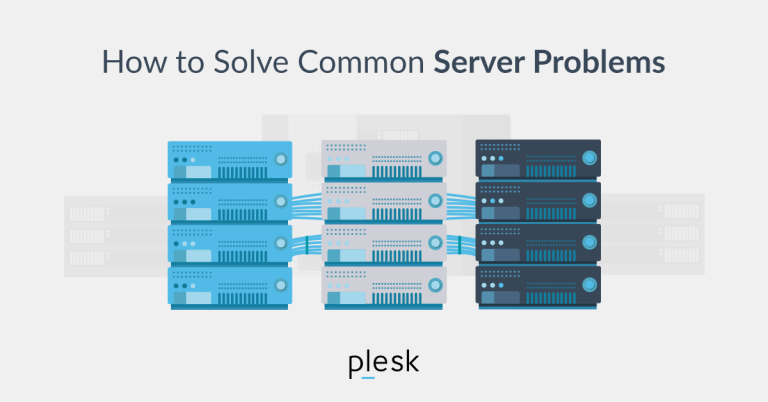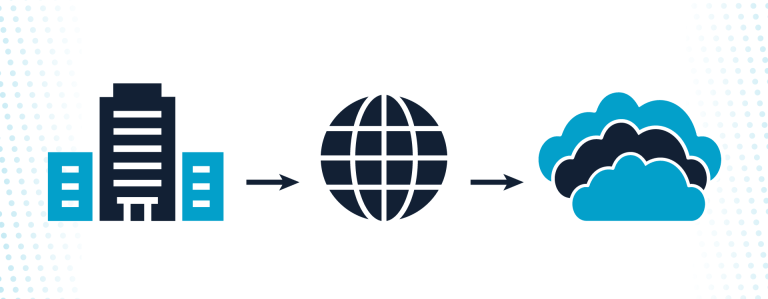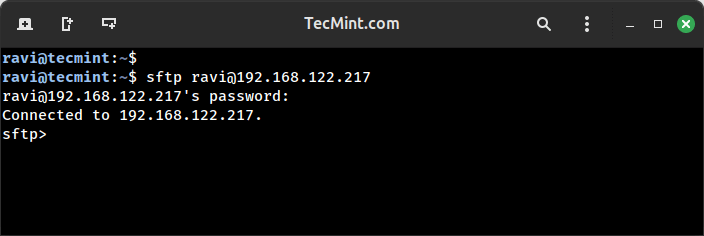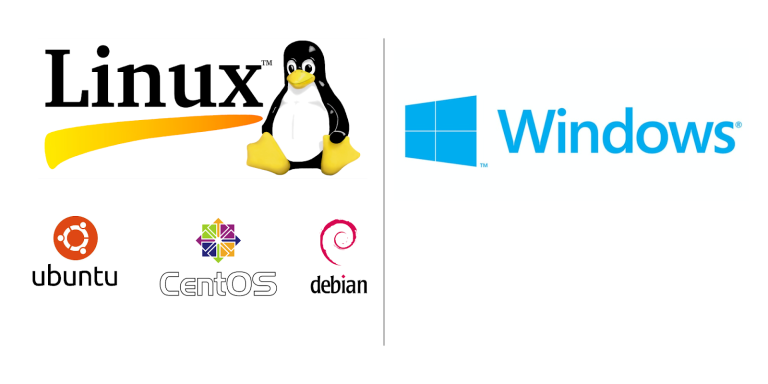
Thank you.
Well written! Very interesting article.
Thanks Elvis, it is a good post. This post lets me know the difference between Plesk and other Control Panels including cPanel.
However, there are more new products on the market now, such as ServerPilot, VPSrobots, goPanel, and more. They are not quite as powerful as Plesk, but they have own unique features set. For example, VPSrobots and goPanel can manage multiple website and servers with one license. They are very economical ones and should be in your list to be compared. Using VPSrobots and goPanel, we don’t have to purchase each license for each server, which is the impressive features.
There is one more interesting panel “TinyCP”. I think it should be mentioned too.
Hey, thanks for your input. Why would you recommend TinyCP?
Does Plesk provide dns cluster only like cPanel dns cluster?
Hey Afrizal,
No – cpanel has Dns-only server, however with Plesk you can use the DNS extensions available to use an external service or dns-server.
Check them out: https://plesk.com/extensions/category/dns/
At the moment we have 12
All points you listed out are very essential. I appreciate your post. It will be very helpful for me to maintain and monitoring my web hosting server. Please, share this types of helpful article in future.
This is the best article about hosting c-panel. It is informative too, at the same time. This has helped in clarifying some of my c-panel doubts. Thanks a lot for this article!
It’s fantastic to find a comprehensive guide that helps demystify the nuances of hosting control panels. Understanding the distinct features, advantages, and potential drawbacks of different panels is vital for anyone managing websites or servers.
I appreciate the in-depth analysis and comparative approach. It helps both beginners and seasoned web administrators make an informed decision based on their specific needs. Thanks for sharing this knowledge – it’s an invaluable resource for the hosting community!






Nice, but what many of us want, is a control panel that does like above but, allows us to split off services, like we have all the separate servers each with a CP to manage the domain, website, any SSL, and databases, but, upon being added DNS details are added to a primary and secondary NS’s, that are independant of control panel servers, same again for email (wgich is very easy if using mysql/mariab, CP simply writes SQL INSERT statements to a DB and teh mail works from there independantly
This keeps a separation of services, should web server die, mail still works, DNS still works, if mail storage system dies, web still works.
I just wish someone would come up with this public solution, rather than all eggs in one basket.
and using database for mail/ftp/etc is much faster than flat text files.
(I say public because we use it on ex employers proprietory system, I ran the mail, multiple smtp/mx/pop3/imap/webmail servers behind load balancer, using postfix, dovecot. mysql and EMC NFS storage, all had ysql replication from master server and when host/customer added two zips into database and mail was setup, also had dns1 and dns2, templates on them executes with master server sshing with calling adddns , and web seever template calls – ssl was a pita it needed manual adding certs) tyou get what I mean this industry desperately in need off, we use now hostbill which supports a bunch of CP;s